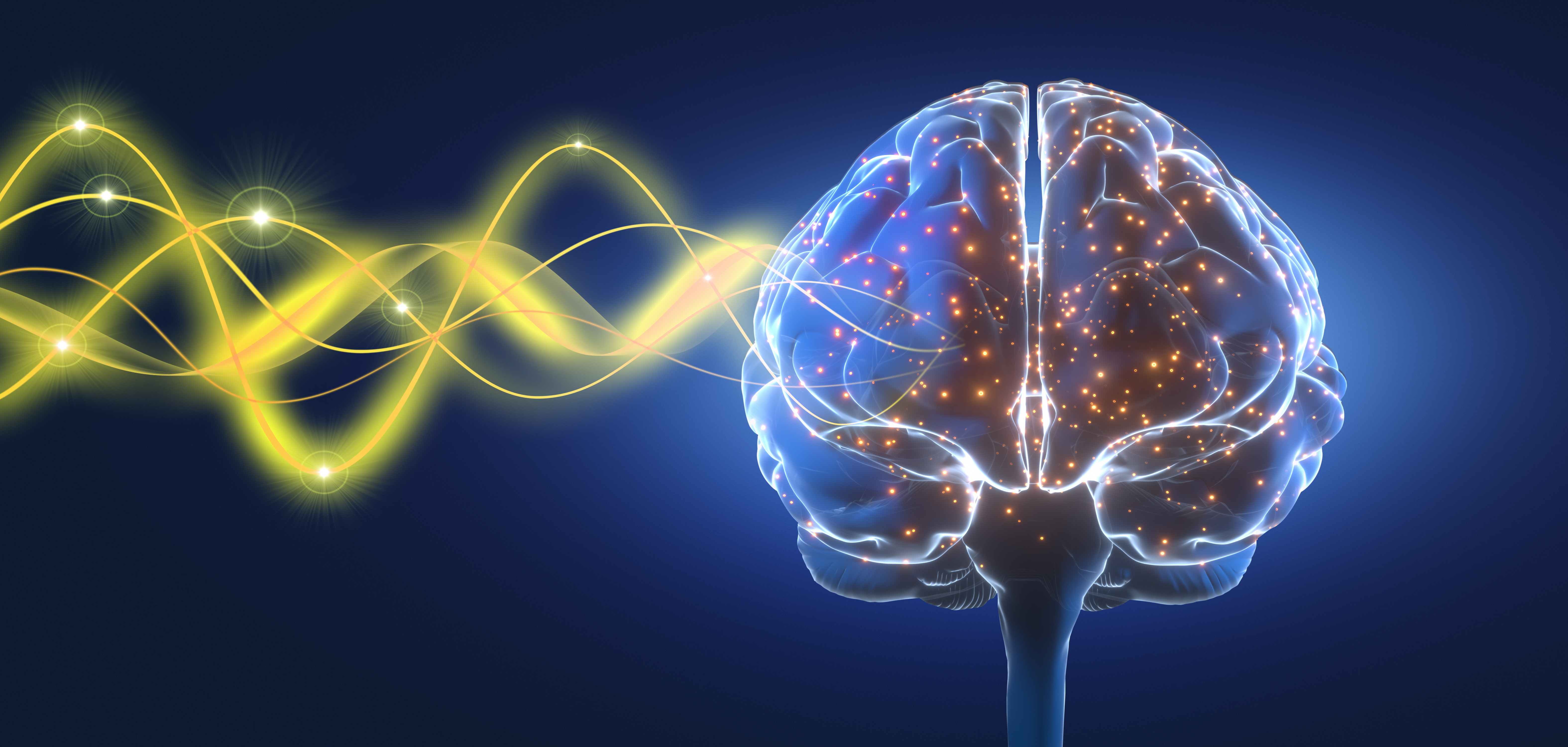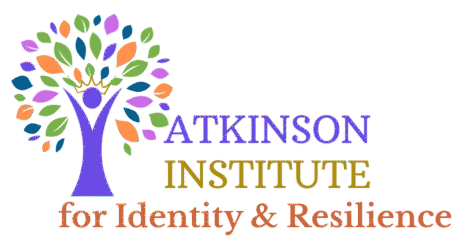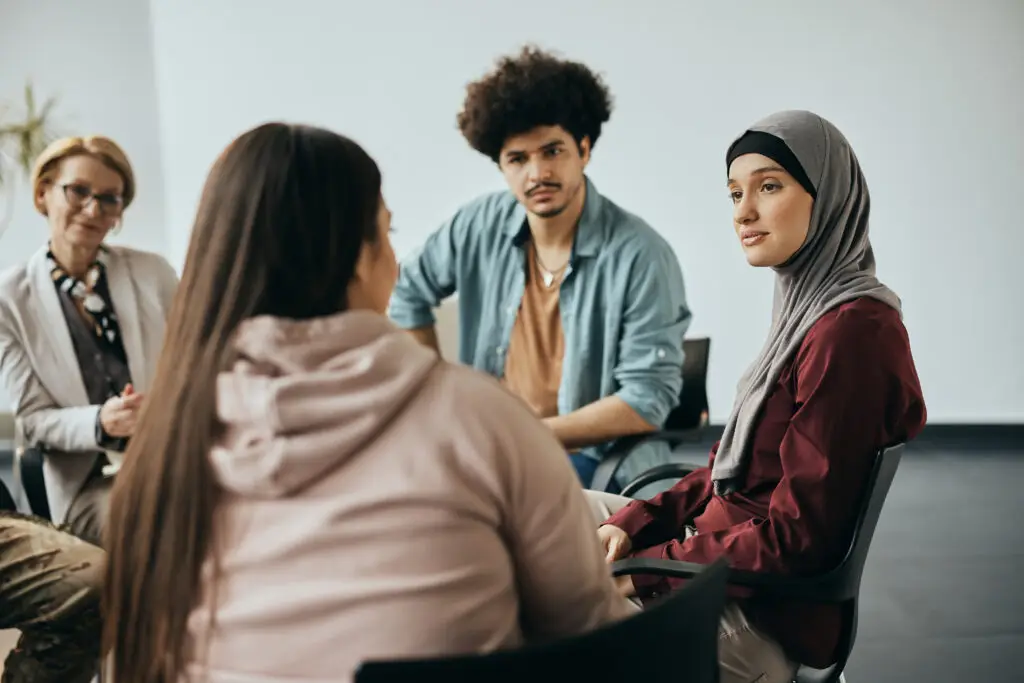Unmasking the Imposter: Understanding the Struggle and Reclaiming Your Identity
You know that feeling—like you’re wearing a mask, afraid someone will see through it? That’s imposter syndrome, whispering doubts and feeding insecurities. You’re not alone in this struggle. Countless individuals wrestle with these feelings, and they often wonder what’s happening in their minds. Together, we’ll explore personal stories and scientific insights to understand this challenge. Learn more about real stories of imposter syndrome. Discover how The Atkinson Institute’s workshops can guide you towards personal empowerment and reclaiming your true identity. Join us, and take the first step towards confidence today!
Recognizing Imposter Syndrome

Imposter syndrome can subtly influence every aspect of life, leaving individuals feeling out of place, despite evident accomplishments. It’s crucial to identify these feelings early and understand their impact.
Common Signs and Struggles
Recognizing the signs of imposter syndrome is the first step towards addressing it. Common symptoms include persistent self-doubt, a fear of being exposed as a fraud, and attributing success to external factors rather than personal ability. These feelings can lead to anxiety and depression, significantly impacting one’s mental health.
People often feel stuck, believing that they’re not as competent as others perceive them to be. This discrepancy between self-perception and external validation fuels the cycle of doubt and insecurity. As Psychology Today notes, these feelings are pervasive and not tied to any specific achievement level.
Understanding these signs can help individuals take control of their narrative. Acknowledging the struggle is not an admission of failure but a step towards personal empowerment and clarity.
Personal Stories of Identity Struggles
Personal stories provide invaluable insights into imposter syndrome and its effects. Many have shared their experiences, highlighting the universal nature of these feelings. For instance, one individual recounted their journey in this personal reflection, emphasizing the isolation and internal conflict that often accompany such struggles.
-
Feeling alone: Despite being surrounded by supportive peers, the feeling of isolation can be overwhelming.
-
Fear of exposure: The constant fear of being “found out” can hinder personal and professional growth.
-
Resilience and recovery: Many find strength through community and shared experiences, which help counter feelings of inadequacy.
These narratives foster a sense of community and belonging, showing individuals that they are not alone in their identity struggles and that there is hope for overcoming them.
The Brain Science of Self-Doubt

Understanding the neurological basis of self-doubt can demystify imposter syndrome. This awareness can also provide a foundation for developing strategies to mitigate its effects.
Understanding the Neurological Triggers
Self-doubt is deeply rooted in our neurological wiring. Research indicates that certain brain regions, particularly those associated with emotional processing, can influence these feelings. This complex interaction often leads to heightened awareness of perceived failures and criticism.
-
Amygdala activation: This area of the brain, responsible for processing emotions, can trigger anxiety and fear when exposed to stressors.
-
Prefrontal cortex involvement: Regulates decision-making and moderates social behavior, impacting how we perceive ourselves.
-
Neurotransmitter imbalances: These can exacerbate feelings of low self-esteem and doubt.
An insightful study on these triggers can be found in this research document, which explores the brain’s role in self-perception and identity.
How Self-Doubt Affects Identity
Self-doubt can significantly alter one’s identity, creating a gap between self-perception and reality. This disconnect often manifests in various ways, affecting personal and professional aspects of life.
The impact of self-doubt includes:
-
Identity confusion: Difficulty in understanding one’s true self, leading to a blurred sense of personal identity.
-
Reduced confidence: A constant internal battle that erodes self-assurance and self-worth.
-
Professional hindrance: Reluctance to pursue opportunities due to fear of failure or inadequacy.
A comprehensive review outlines how self-perception is skewed by internalized doubts, underscoring the importance of addressing these feelings to reclaim one’s identity.
Building Confidence and Resilience

Developing confidence and resilience is crucial in overcoming imposter syndrome. These skills can help individuals navigate challenges and rediscover their authentic selves.
Empowering Through Personal Empowerment
Personal empowerment is essential for building confidence. It involves recognizing one’s strengths and capabilities, fostering self-belief, and setting realistic goals. This empowerment becomes a tool for combating self-doubt and reinforcing identity.
-
Self-awareness: Understanding personal values and strengths to build a solid foundation of self-belief.
-
Goal setting: Establishing achievable objectives that align with one’s values and aspirations.
-
Positive reinforcement: Celebrating small victories to boost confidence and motivation.
The journey towards personal empowerment is supported by resources like The Atkinson Institute’s workshops, which provide guidance and community support.
The Role of Resilience Workshops in Self-Improvement
Resilience workshops offer structured approaches to overcoming imposter syndrome. These programs focus on developing coping strategies and fostering a resilient mindset. Participating in such workshops can significantly improve one’s ability to manage stress and self-doubt.
Key benefits of resilience workshops include:
-
Skill development: Learning practical strategies to manage stress and build resilience.
-
Community support: Engaging with others facing similar challenges, fostering a sense of belonging.
-
Continuous improvement: Encouraging a mindset of growth and adaptability.
Organizations like The Atkinson Institute play a pivotal role in facilitating these workshops, empowering individuals to reclaim their identity and build a fulfilling life. 😊

